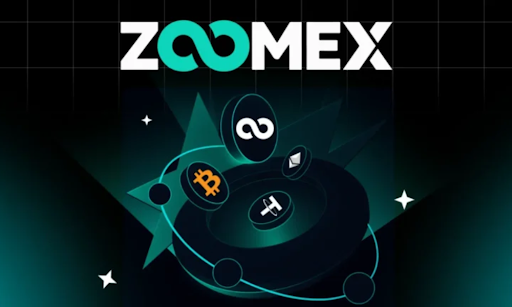Bitcoin resistance level could be sign of a pullback, traders cautious
Bitcoin’s recent bull run that brought it close to $14,000 has shaken the crypto market. Many traders are predicting that a pullback could happen due to the CME futures gap theory. Bitcoin network is about to mark its weakest point in history, according to another crypto-asset analyst. Miner capitulation seems to demonstrate another concerning sign in the Bitcoin market.
An analyst on Trading View pointed out that,
“...short again on $BTC, something about this weekend pump seems fishy. 3 drives-ish into major resistance, stocks shit the bed last week, election early next week, solid RR and $DXY on support. Still bullish overall, pull backs aren’t a bad thing.”
Why it matters: Any time an asset goes higher in price, there will be calls for a correction. Given the backdrop of geopolitical uncertainty, as well as renewed lockdowns in many nations, the short-term Bitcoin bears may well be correct. There are many technical reasons to doubt Bitcoin's ability to continue to rally higher, especially as other 'risk' assets, such as stocks, are falling apart as the US presidential election grows near. There is sure to be chaos over the coming week and perhaps longer, although this could also support Bitcoin near its current levels. It is important to remember that for every seller there is a buyer, and Bitcoin may be flowing from traders to investors at the moment.




